On the Epistles of John, Part 1: Light and the Word of Life
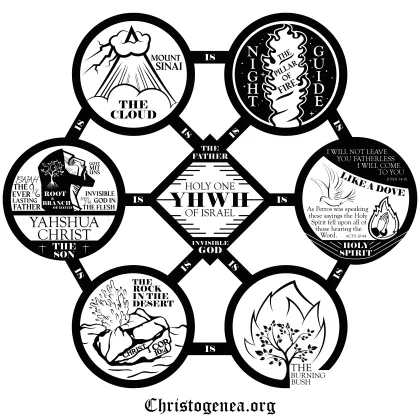
Now we shall endeavor a commentary on the epistles of John, which is the very last portion of a New Testament commentary that we began to write and present on Friday evenings here in early 2011. When I began my commentary on the epistles of Paul in March of 2014, I wrote in part that “Even though this marks the mid-point of the New Testament Commentary which I hope to complete here on these Friday evenings, which I had begun in early 2011 with the Gospel of Matthew, a translation of Paul is where I actually began the work which had eventually become the Christogenea New Testament, about 15 years ago.” Now it has been 22 years, as I began studying Greek in early 1999 with the sole intent of one day translating Paul’s epistles, and actually completed that endeavor in 2004. Then in 2005 I translated the New Testament books written by Luke, and by the Summer of 2007 those written by John. I finished the project, which I never really imagined I would finish, with translations of the other Gospels and epistles by the end of Spring, 2008.

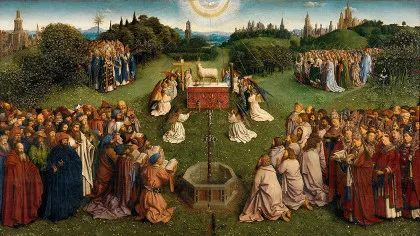
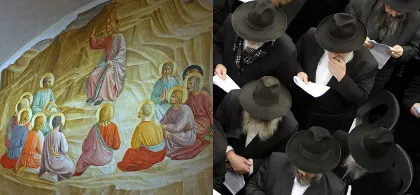
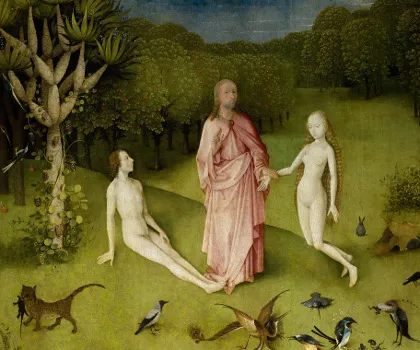
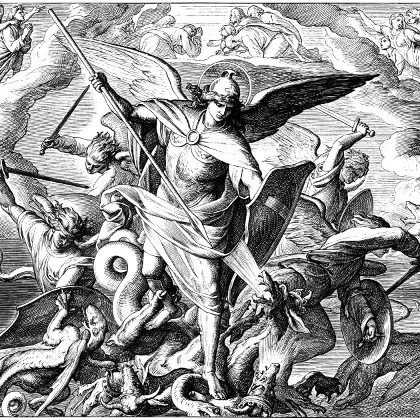



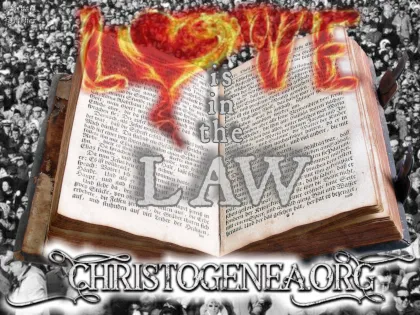
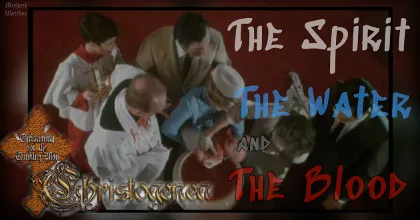
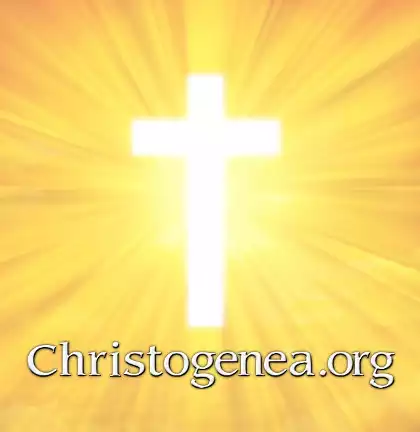

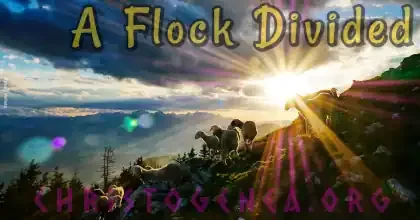




 Please click here for our mailing list sign-up page.
Please click here for our mailing list sign-up page.







